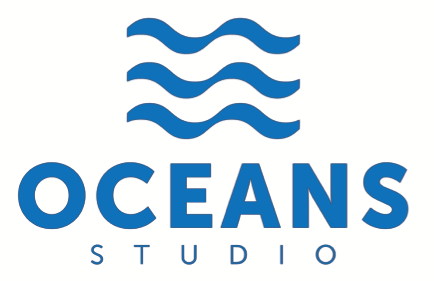Featured Initiatives
Shaping the future of comsumption
Creating responsible models of consumption for the benefit of business and society.
The Fourth Industrial Revolution is transforming the consumption landscape by creating opportunities for value through game-changing technologies. With consumer spending driving approximately 60% of global GDP, embracing the power of technology to create value is paramount to ensuring progress throughout developed and emerging economies.
We work to meet consumer expectations amid changing demographics. We drive the adoption of new technologies poised to transform value chains (from artificial intelligence to the internet of things and blockchain).
With our Members and Partners, we tackle ensuing societal challenges including urban-rural divides, environmental degradation due to overconsumption, and worker reskilling to mitigate inequality.
Digital Economy
Shaping the Future of Digital Economy and New Value Creation
Navigating industry disruptions, transitioning to a new normal.
We helps companies leverage technology to be agile in the face of disruption and to create the new digitally enabled business models for a new normal – post-COVID, purpose driven, sustainable and inclusive.
The unprecedented disruption by COVID-19 is accelerating the urgency for agility, adaptability and transformation. Industry structures and business models are being disrupted – and the digitalization of the economy is being rapidly accelerated. An estimated 70% of new value created in the economy over the next decade will be based on digitally enabled platform business models. However, 47% of the world’s population remain unconnected to the internet.
Carbon Token
IN THE NEXT 10 YEARS, CARBON OFFSETS WILL GENERATE OVER $1.5 TRILLION PER YEAR.
The Paris Agreement has been signed by 195 countries and requires a 2ºCemissions reduction starting in 2021, setting the stage for a $1.5 Trillion globalindustry. Article 6 of the agreement creates a market mechanism to trade carbonglobally for the first time. These assets need to be created, stored, and trackedsecurely in a manner accessible to a global market.
Our project seeks to bridge this market gap with a blockchain (distributed ledger) basedsolution all parties can trust to fairly represent the underlying value of carbon. We combine verification, registry, and trading into one seamless platform. Transparent smart contracting logic ensures assets are handled consistently throughout lifecycle. Distributed ledgers place immutable fingerprints (hashes) into shared set of databases at every step of the process. This ensure anyone can verify the integrity of carbon assets. An ISIN structured financial instrument is created to package carbon assets into tradable investment vehicles.
AI and RPA
AI AND RPA IS AT THE CENTER OF FUTURE VALUE CREATION
Tomorrow’s values and wealth creation reside in a better understanding of human-centric systems.
Our world is made of moments in time where human-centric systems bring together the physical, emotional, interactional, societal, and humanity of consumers.
HERE SINGULARITIES EXIST. These singularities are inflection points where decisions are made, emotions are felt and values are created.
As new augmented realities enter our lives, we develop a better understanding of these singularities.
THAT IS THE BUSINESS OF HUMAN-CENTRIC SINGULARITIES.
Oceans.studio maximizes value creation during these singularities and supports a global vision of a better tomorrow.
Forgotten Last Mile
DIGITAL ASSET CREATION THROUGH RE-INSURANCE FOR THE LAST MILE.
IN A WORLD OF INFORMATION AND TRANSPARENCY-THROUGH-DATA… WE GIVE BACK THE CONTROL AND POWER OF KNOWLEDGE TO THE END-CUSTOMER.
Each of reinsurance, logistics firms, banks and ship operators only own a small slice of the digital datasets that relate to end-customers. Insurance of all goods transported is monopolized by the old-guard logistics firms without any digital strategy and customer servicE. Banks and reinsurance forgot who they serve, how to serve them and what they are looking for.
Global trade is a $16 trillion market, growing at 4.4% annually
Small shippers are responsible for 35% of international trade. Building direct relationships with small import/export traders creates efficiency and transparency. We are re-imagining how we can maintain trust and confidence with our end-clients by making the world smaller through data.





